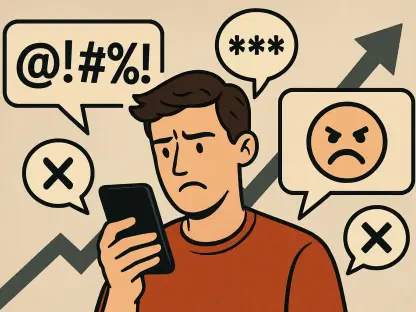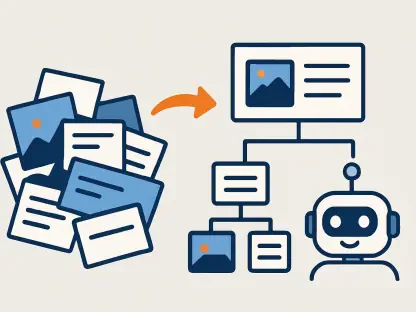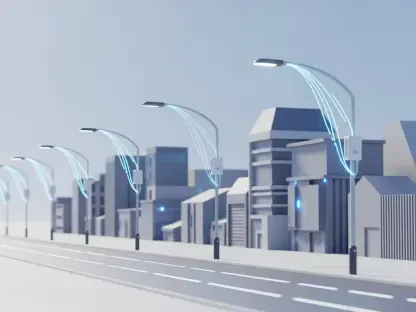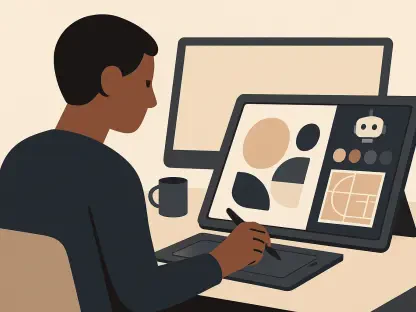Facial recognition technology has insinuated itself into the fabric of daily life with an allure of security, convenience, and futuristic promise. Cameras no longer passively record but actively analyze, attempting to decipher the unique configurations of human faces. Ventures range from unlocking smartphones with a glance to the identification of potential suspects in crowded public spaces. Its utility is touted across industries, yet beneath this veneer of progress lies a challenge more insidious than a mere technological hurdle: the racial bias deeply embedded in the algorithms governing this artificial omniscience. As facial recognition technology proliferates, the imperative to unearth and eradicate these biases becomes paramount, for they pose an ethical conundrum that threatens to undermine the equity and fairness these technologies are purported to uphold.
A Disparity in Accuracy and Racial Bias
The ascent of facial recognition technologies has not seen a commensurate rise in universal standards for accuracy and fairness, generating an alarming chasm in reliability between demographic groups. Black women, in particular, find themselves at the sharp end of this disparity, with significantly higher rates of misidentification. The source of this inequality is no mystery; it is entwined with the datasets upon which these systems train – datasets glaringly devoid of diversity. The proliferation of facial recognition technology thus brings the issue of representation to the forefront, spotlighting the immense potential for consequential errors that not only deepen existing societal rifts but also erode the trust in these systems’ impartiality.Deploying such technology, one must consider the gravity of each false positive generated, where an innocent individual might be mistaken for someone they are not, ensnaring them in a predicament borne out of technological negligence. The implications are not merely matters of inconvenience – they carry the weight of potential stigma, undeserved scrutiny, and the perpetuation of historical prejudice. The disconcerting propensity of facial recognition systems to err dramatically more with faces of color compels us to scrutinize these systems not just through the lens of technical failure but as a matter of civil and social justice.
Real-World Implications and Case Studies
The theoretical risks associated with racial bias in facial recognition technology are not confined to hypothetical musings – they manifest in concrete, often distressing, realities for those wrongly identified. Take, for instance, the burgeoning gig economy where facial recognition technology is employed as a gatekeeper, determining who can and cannot work. Erroneous identifications here are not mere annoyances but translate into lost livelihoods. Similarly, travelers subjected to the scrutinizing gaze of this technology at border crossings and airport security checkpoints grapple with the unnerving possibility of misidentification – a reality that disproportionately affects people of color, casting a shadow of inequality over what should be equitable security procedures.Case in point, retail behemoth Walmart’s facial recognition system, dubbed Spark, became emblematic of the operational pitfalls that accompany biased technology when gig workers reported wrongful removals from the platform, a harsh penalty exacted by an impersonal, inaccurate algorithm. Such breakdowns in technology resonate with failure not just at an individual level but call into question the systemic reliance on unrefined AI models. These instances bring into sharp focus the dissonance between the promise of impartial technological advancements and the discriminatory outcomes they inadvertently endorse.
Ethical Considerations and the Call for Alternatives
The deployment of facial recognition technology, marred by the blemish of racial bias, raises profound ethical questions. As society grapples with the practical implications of these biases, a chorus of voices calls for a shift in approach. What value does society place on privacy, and to what extent should individuals be subject to technological scrutiny? Critics point to the invasive nature of facial recognition and its penchant for reinforcing systematic biases as a clarion call for seeking out less intrusive, more equitable identification solutions.In the search for such alternatives, a nuanced debate unfolds, weaving together threads of technology, ethics, and human rights. Legal and societal frameworks strain under the pressure of emerging technologies that, left unchecked, threaten to aggravate divisions rather than bridge them. The quest for an identification system that respects the individual’s dignity while ensuring a fair and unbiased process becomes a crucible for testing the moral fiber of a rapidly digitizing world. The conversation has thus evolved from simply refining algorithms to a broader introspection about the role and responsible deployment of such technology in society.









